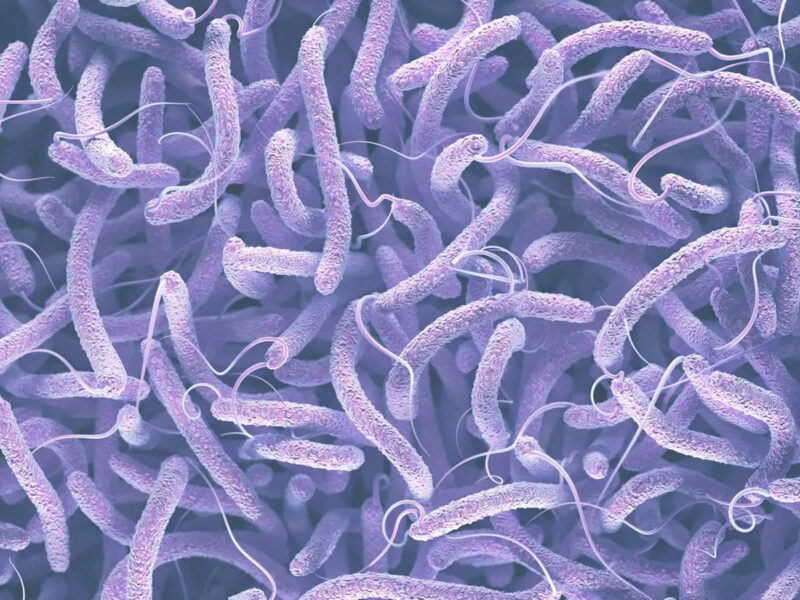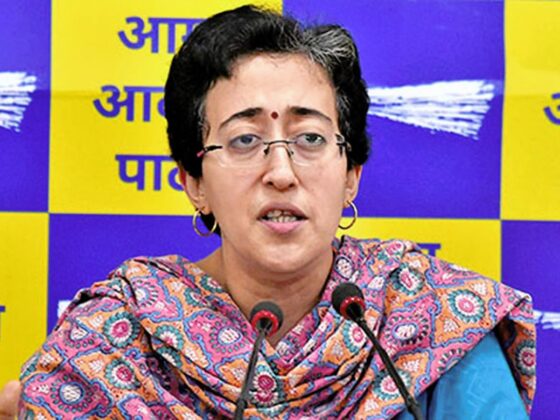A day after Rajkot reported the deaths of two children from suspected cholera, the district administration has ordered the sealing of six plastic recycling units near Upleta town. A sanitation drive has been launched in the area late Monday after water samples from the area found the presence of E.coli bacteria.
Meanwhile, two more people, including a pregnant woman, were hospitalised after suspected cholera infection.
Cholera Outbreak: What You Need To Know About The Infection And Its Symptoms?
Cholera is a serious diarrheal illness that can be life-threatening if not treated quickly. Caused by the Vibrio cholerae bacterium, it’s mainly spread through tainted water and food. Knowing the basics of cholera, its symptoms, and ways to prevent it is essential for managing outbreaks and safeguarding public health.
What is Cholera?
Cholera is a sudden diarrheal infection that can result in extreme dehydration and electrolyte issues. The Vibrio cholerae bacterium releases a toxin prompting the intestines to expel large amounts of fluid, leading to watery diarrhea. Without appropriate treatment, cholera can be deadly within hours.
Symptoms of Cholera Infection
The key symptom of cholera is severe watery diarrhea, often called ‘rice-water stool’ due to its appearance. Other common signs include vomiting, a rapid heartbeat, and muscle cramps. If untreated, the severe dehydration from cholera can lead to shock and organ failure.
How Does The Virus Spread?
Cholera typically spreads through polluted water sources, such as substandard sanitation or sewage systems. Eating food or drinking water contaminated with Vibrio cholerae can cause infection. Person-to-person transmission is uncommon but outbreaks can happen in overcrowded or unsanitary environments.
Diagnosis and Treatment
Diagnosing cholera requires stool tests to find the Vibrio cholerae bacterium. Treatment prioritizes rehydration to replace lost fluids and electrolytes. In severe instances, intravenous fluids and antibiotics might be needed to control symptoms and prevent serious outcomes.
How To Prevent Cholera From Spreading?
Preventing cholera involves several strategies: enhancing water and sanitation facilities, promoting good hygiene, and ensuring clean drinking water access. Vaccines are offered in certain areas for those at high risk, like travelers to cholera-prone regions.











